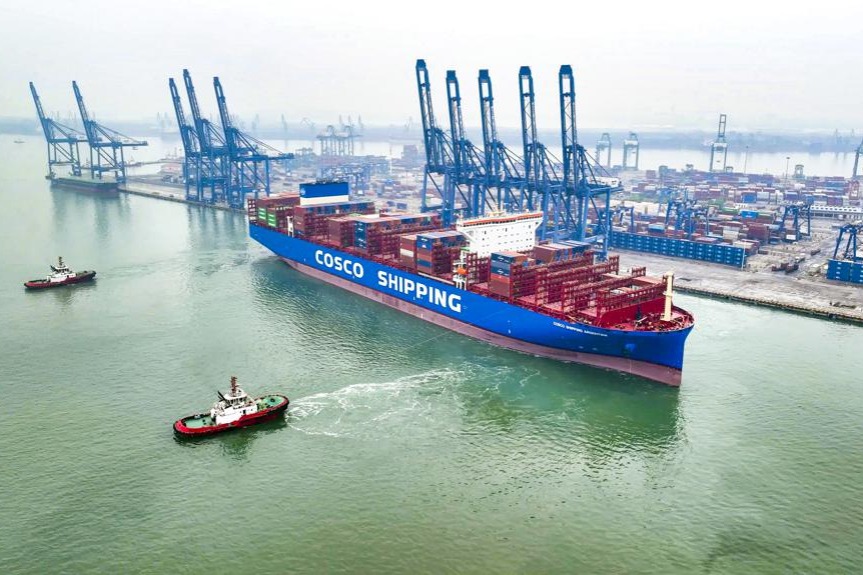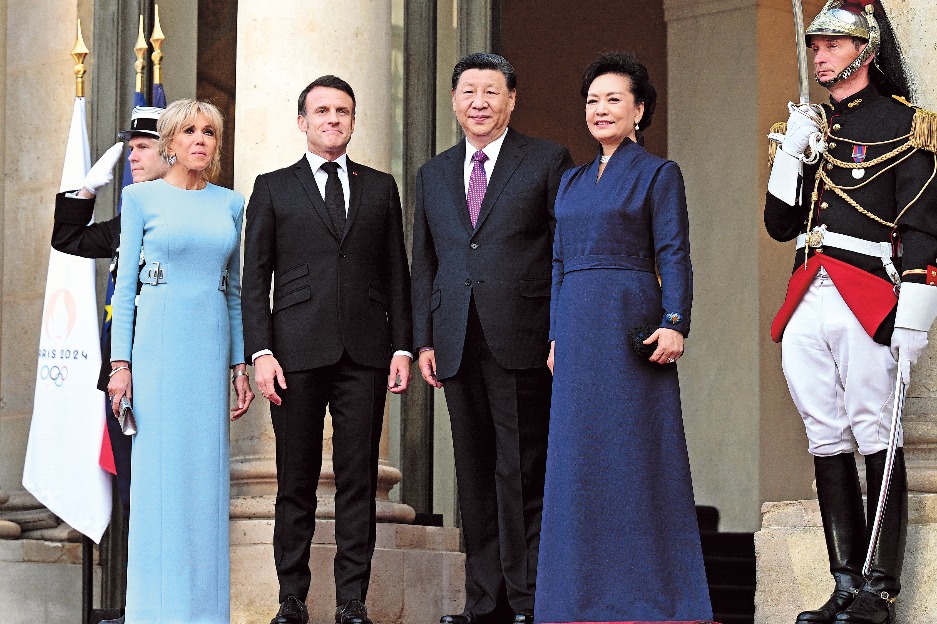Hungary govt to regulate food prices
By JULIAN SHEA in London | China Daily Global | Updated: 2023-04-26 09:50

The government in Hungary is to introduce price control of basic foodstuffs in an attempt to tame the highest inflation rate in the European Union, it has been announced.
From the start of July, there will be a list of around 20 dietary staples, and retailers will be obliged to cut prices on at least one of them each week, with a government-backed price monitoring system also put in place.
Prime Minister Viktor Orban's government hopes that, because of it, by December, inflation will be back in single figures, from 25 percent in March.
Bloomberg news agency reported that food prices that month were 43 percent higher than 12 months previously.
Across the whole of Europe, soaring food prices have been one of the main drivers of recent increases in inflation, with EU statistics office Eurostat highlighting that across the 27-member bloc, they have risen 19.6 percent over the past year, but it is in Hungary that things have been most out of control, far ahead of the second most badly affected country, Slovakia, where prices went up by just over 29 percent.
During last year, some basic consumables have almost doubled in price in Hungary. Bread, butter, eggs, and milk have gone up between 72 and 80 percent, which has hit consumers hard in a country where the median net monthly wage is only just over $900.
Peter Virovacz, chief economist at ING Hungary, told the Associated Press news agency that Hungary was suffering more than some of its neighbors because of its inefficient farming and food processing industries, and a weak currency, in addition to wider international issues such as extreme weather hitting crop production, and turbulence in the international energy markets, which pushed prices up even higher.
"There have been droughts everywhere, energy prices have increased everywhere, supplier costs have increased everywhere," he said. "But if production is not efficient enough, then of course the domestic producers will find that it is much more burdensome to pay for these costs."
Some restaurants have responded by taking items off the menu if it becomes too expensive to source the ingredients, knowing that customers have less money to spend, and retailers are also having to be increasingly wary of what goods they buy in to try and sell, conscious of consumers' reduced spending power.
"Habits have definitely changed, so people are really thinking about what they buy. We're almost to the point where sausage and ham are considered luxury food items," said Szilvia Bukta, the manager of a butchery stall in the historic Grand Market Hall in the capital city, Budapest.
"We also have to buy less because the prices are more expensive, and we know that there are not as many customers, so we definitely make purchases more carefully."
























